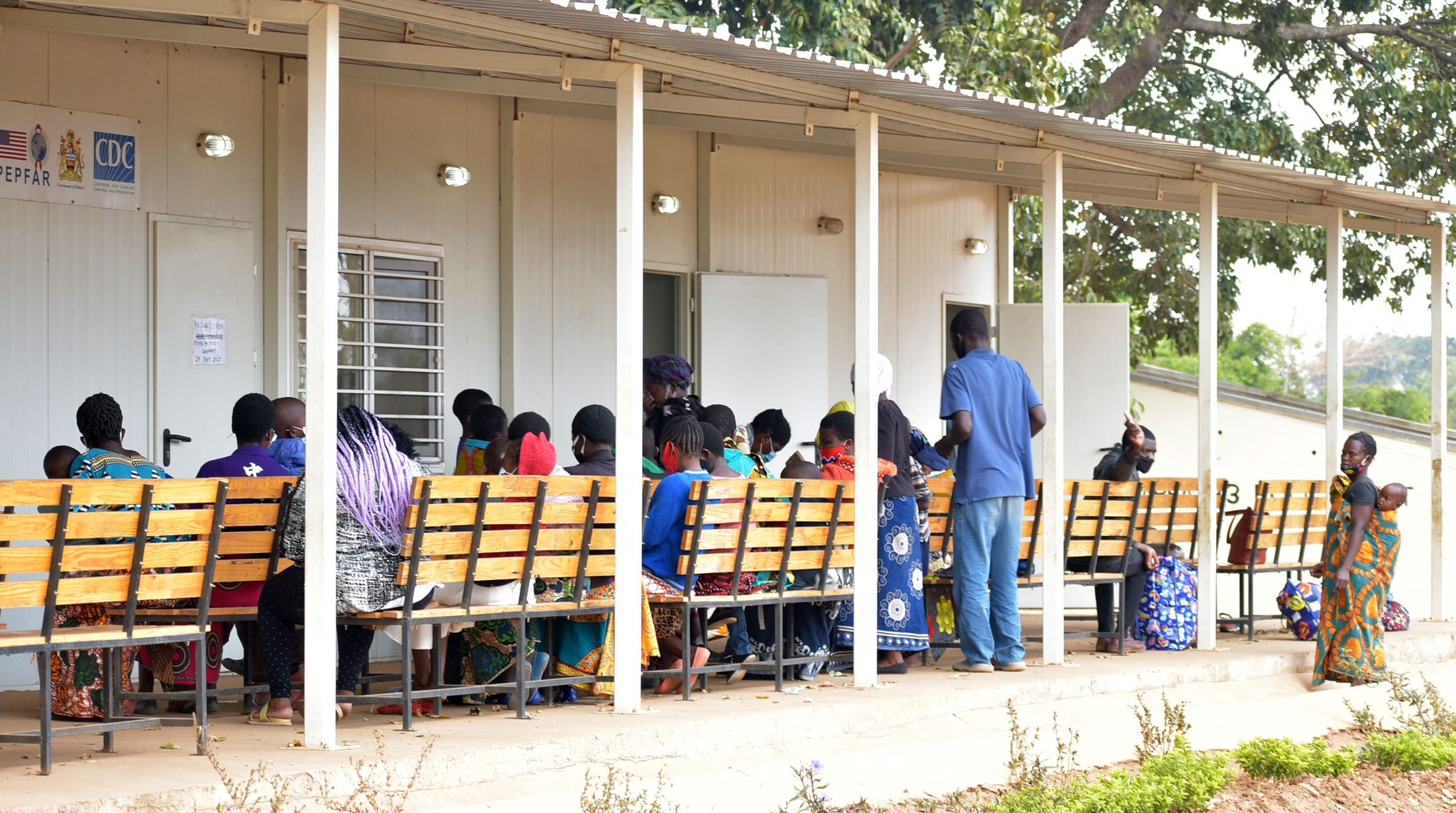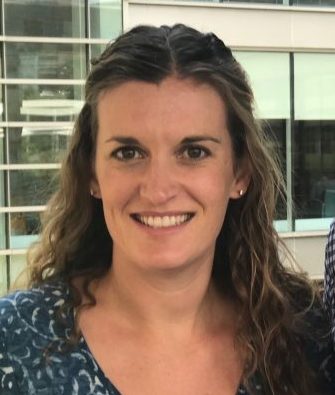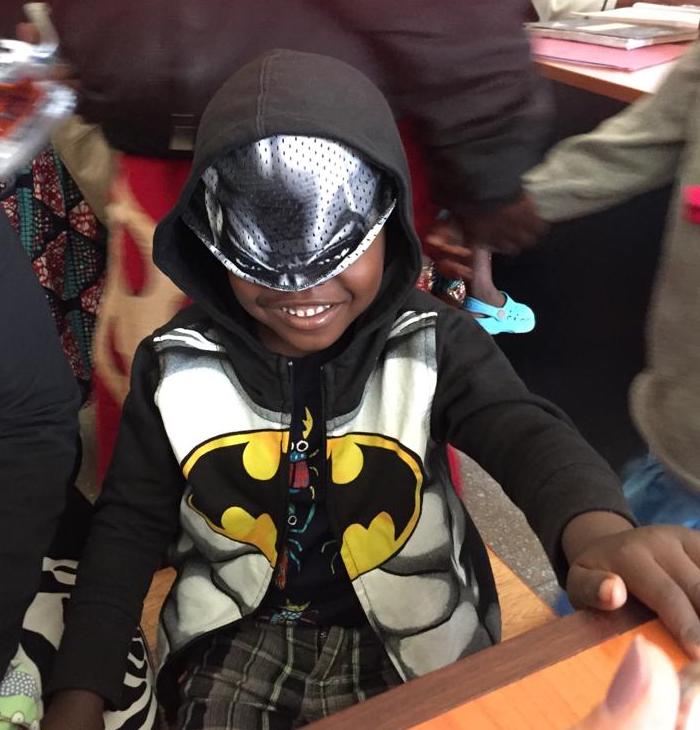
A team of researchers led by UNC Project-Malawi has received a one-year, $500,000 grant to build clinical and research capacity in Malawi to better diagnose and treat children with sickle cell disease. The funding is a joint award from the NIH’s National Heart, Lung, and Blood Institute and National Institute of Allergy and Infectious Diseases.
Approximately 2,000 infants are born with sickle cell disease — which is an inherited red blood cell disorder — annually in Malawi. A similar number of Malawian infants are born annually with HIV. Yet efforts to treat children with sickle cell disease lag decades behind HIV treatment in the country. In sub-Saharan Africa, which includes Malawi, approximately 300,000 infants are born annually with sickle cell disease. Without diagnosis and proper care, half to 90 percent of those children will die before their fifth birthday. In the United States, by comparison, newborn screening and comprehensive care with a focus on infection prevention through vaccines and antibiotics mean that only one percent of children with sickle cell disease die in early childhood.
“The mortality rates for sickle cell disease and HIV is unacceptably high in sub-Saharan Africa,” says Irving Hoffman, PA, MPH, international director of UNC Project-Malawi, who led development of the grant request. “We want to build clinical and research systems that will set the stage to reduce mortality rates, including eventual gene therapy for both diseases.”

Through decades of work and network building, UNC Project-Malawi has built a sophisticated clinical trials research infrastructure in Malawi, initially for studying HIV. In the last decade, researchers have expanded their focus to include cancer and sickle cell disease. The new grant allows the program to build a strong infrastructure for sickle cell treatment and research in partnership with the Malawi Ministry of Health/Kamuzu Central Hospital, Baylor College of Medicine/Texas Children’s Hospital Global Hematology Oncology Pediatric Excellence (HOPE) Program, Cincinnati Children’s Hospital, and the Research Triangle Institute.
Kate Westmoreland, MD, assistant professor of pediatric hematology-oncology at UNC, will direct the project. She has been working in Malawi since 2015 and now leads the pediatric activities of UNC Project-Malawi’s cancer program. Westmoreland will design the study protocol, implementation plan, policy and procedures and supervise the clinical research team at Kamuzu Central Hospital’s inpatient wards and outpatient clinic.
“Every child, no matter where they are born in the world, should have equal access to care. Unfortunately for children born with sickle cell disease in Malawi and across sub-Saharan Africa, this is not the case,” Westmoreland says. “This award will make it possible to provide comprehensive high-quality sickle cell care similar to what children would receive in Chapel Hill to our patients in Malawi, and ultimately to improve their survival and quality of life.”

In 2015, Kamuzu Central Hospital opened a dedicated sickle cell disease clinic in collaboration with UNC Project-Malawi. The clinic now serves a cohort of 550 children. Goals for the new program include providing a clinical standard of care that approaches the level of care in the U.S. Other work includes improving diagnostics and lab services, developing an electronic database, and exploring community preparedness for eventual gene-based curative therapy.
“We are excited to partner with UNC on this initiative that will strengthen the capacity to diagnose and treat sickle cell disease in Malawi,” says Nmazuo Ozuah, MD, medical director of Global HOPE in Malawi and a co-investigator. “Global HOPE is committed to drastically improving outcomes for children with cancers and blood disorders in sub-Saharan Africa. The burden of sickle cell disease in this region cannot be overstated.”
Russell Ware, MD, PhD, a global sickle cell expert based at Cincinnati Children’s Hospital who has consulted on the project, applauds UNC Project-Malawi for enhancing its efforts around the disease. The program offers a “perfect incubator,” he says, widening the lens from HIV studies to a second chronic disease. Ware says researchers often overlook sickle cell disease because it is a pediatric and non-communicable disease, two categories that often lag in research funding. UNC is developing a “truly thorough program that will be following hundreds of children,” he says. “It’s a long-term investment, because these children suffer from anemia, infections, and painful events. But the good news is that with surveillance, screening, and education, effective treatments are easy to provide.”
Also advising the project are Myron Cohen, MD, Institute director, who will offer expertise in HIV and program leadership; Gail Henderson, PhD, professor in UNC social medicine who will provide medical ethics expertise, and Jane Little, MD, director of UNC’s Comprehensive Sickle Cell Disease Program and a professor of medicine in UNC’s Department of Hematology and Oncology, who will provide expertise in sickle cell disease.
